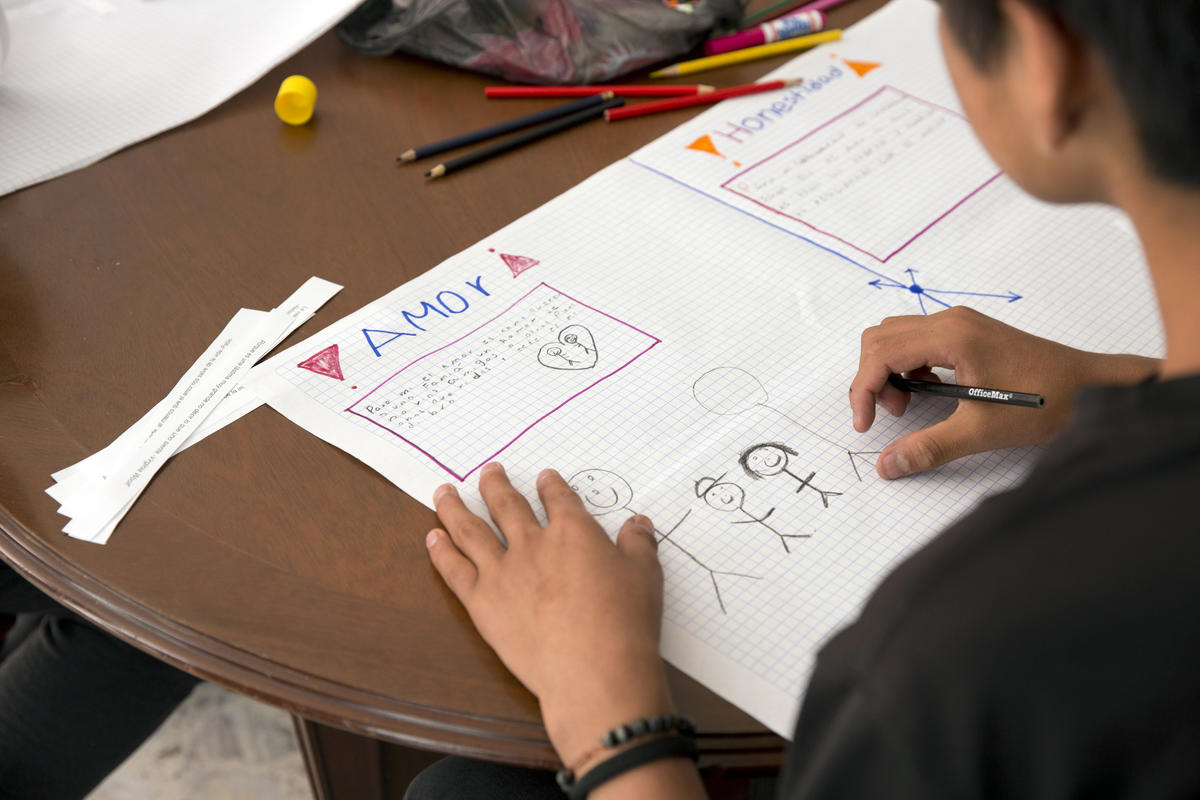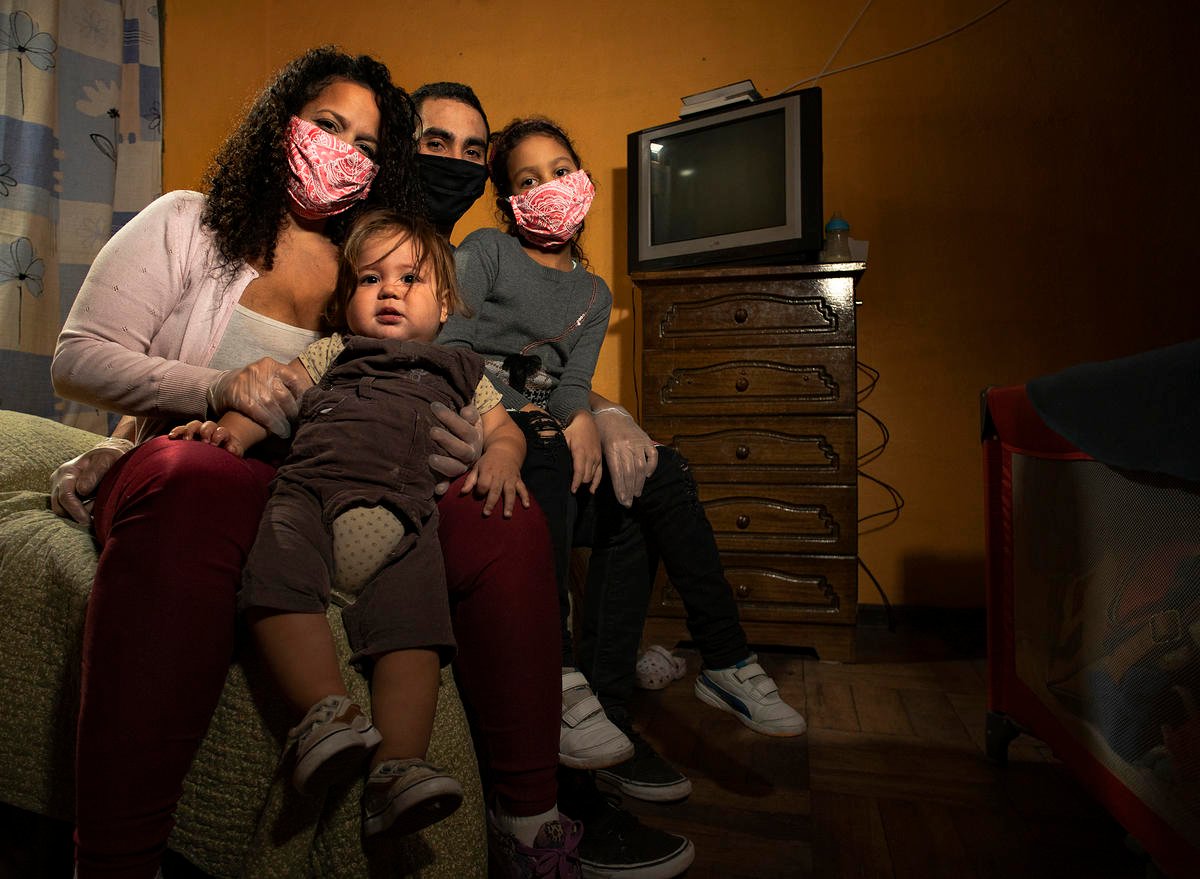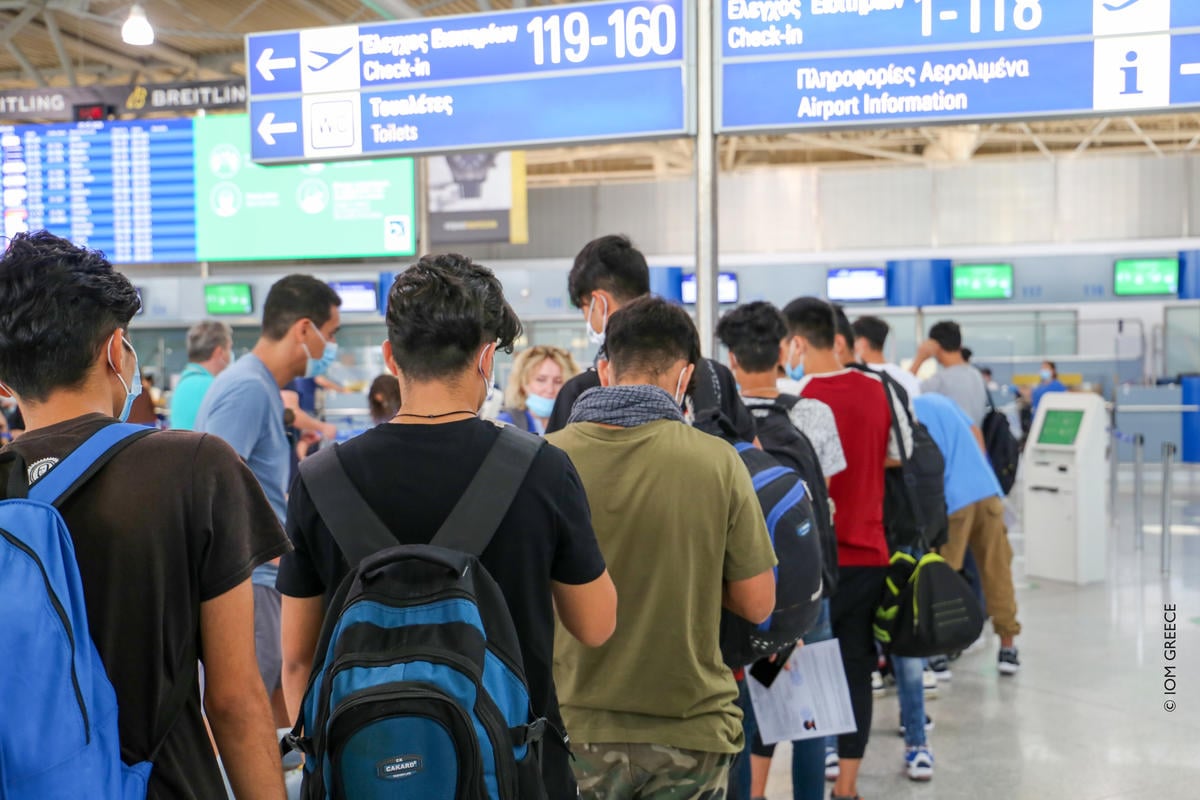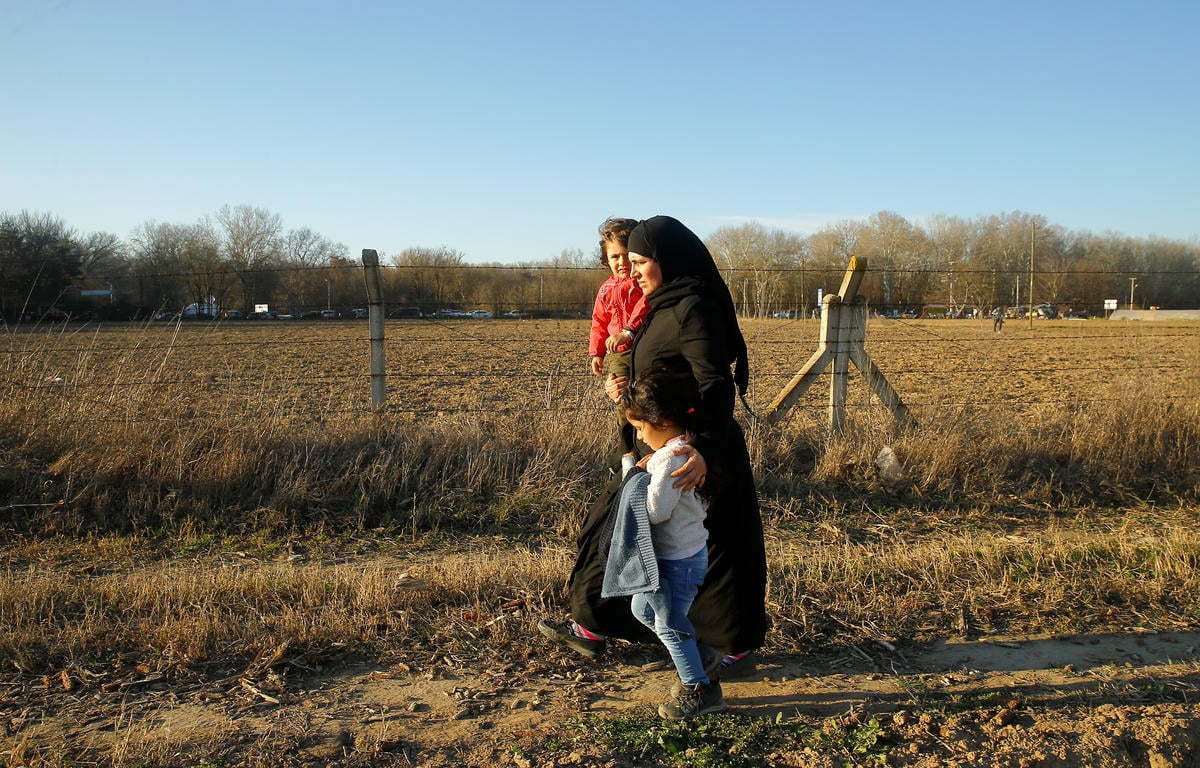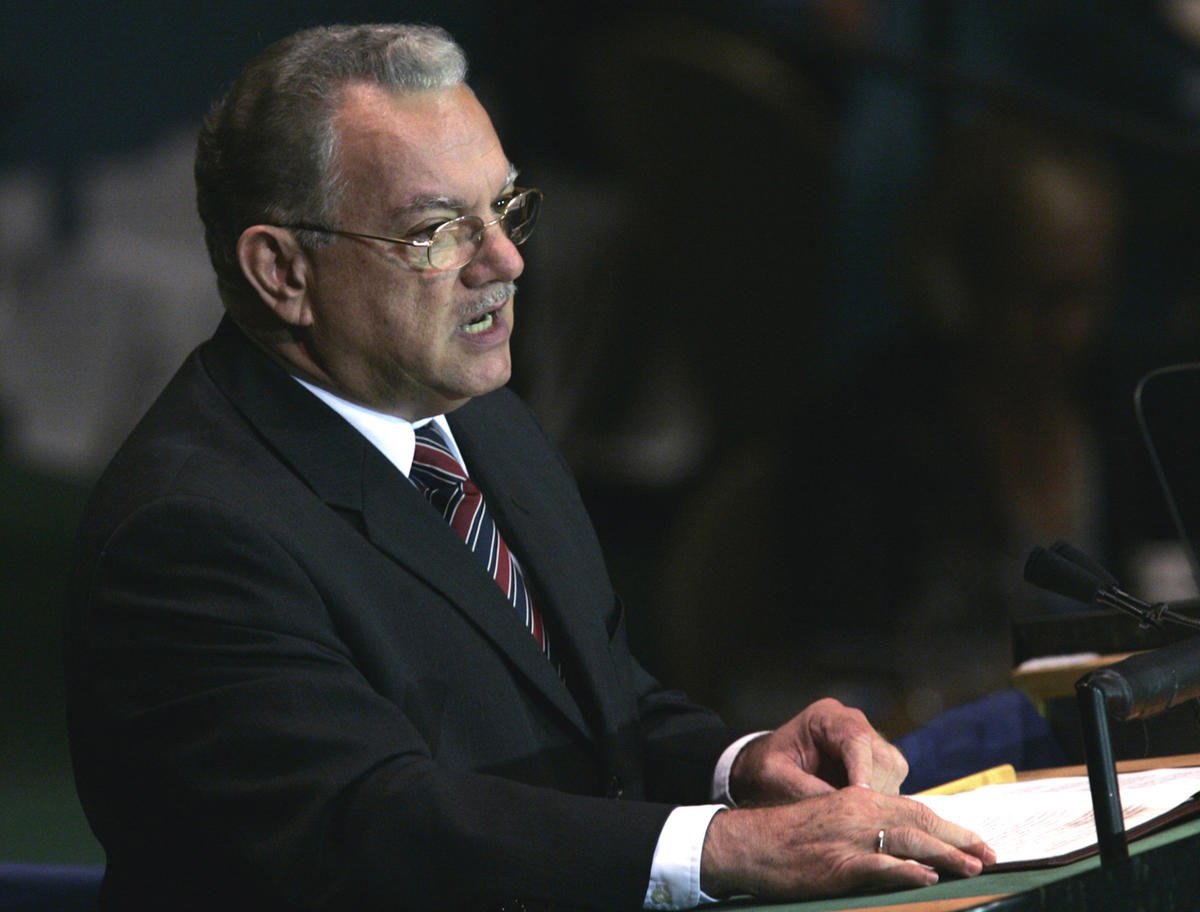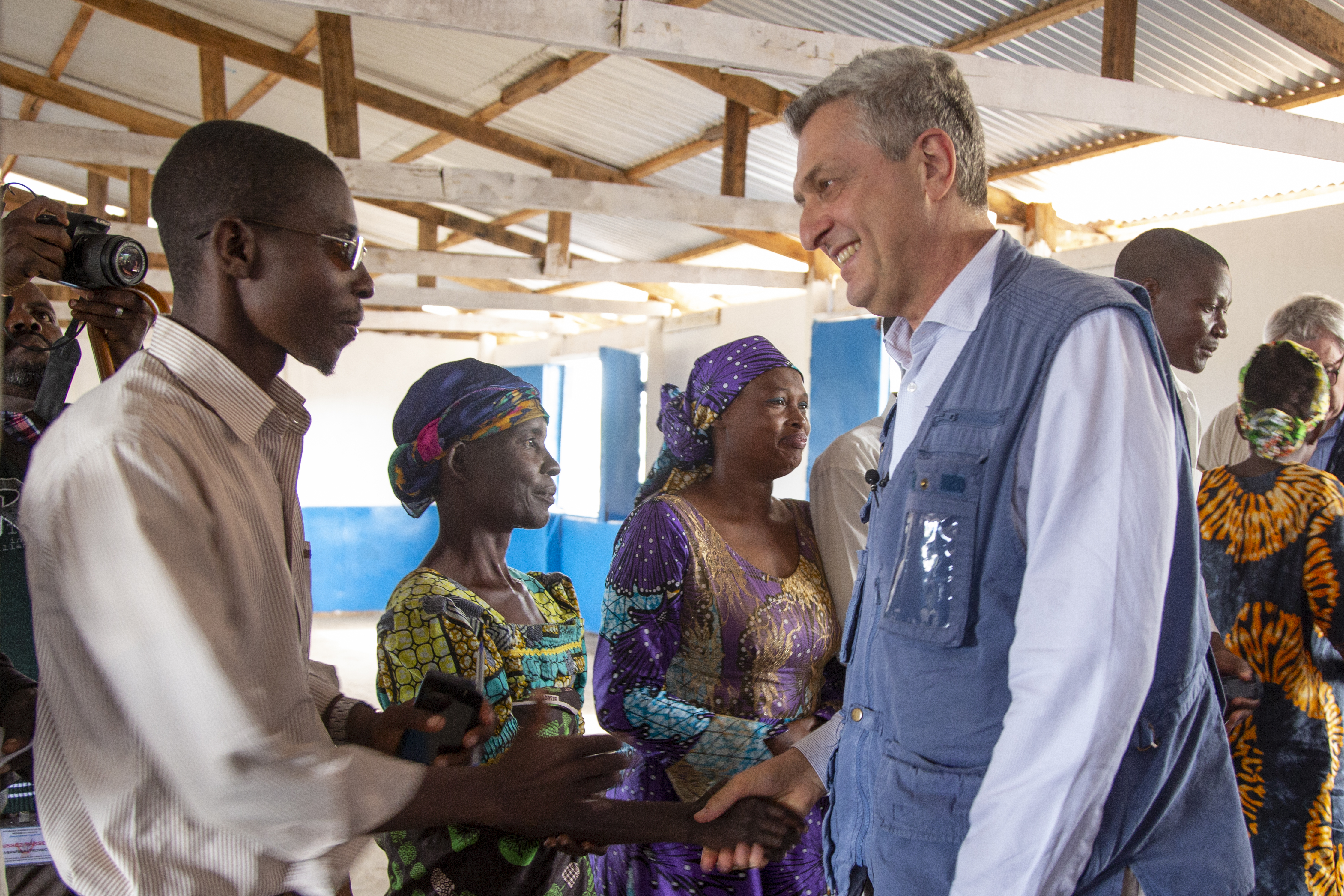Cooperation between states in the Americas vital to protect refugees in migration flows
Cooperation between states in the Americas vital to protect refugees in migration flows

SAN JOSE, Costa Rica, November 20 (UNHCR) - Cooperation between states is essential to address the joint challenge of refugee protection and migration in the Americas, the UN refugee agency's top protection official told delegates at the opening here of a regional conference on the issue.
UNHCR Assistant High Commissioner for Protection Erika Feller, addressing representatives of 20 countries in North and South America on Thursday, stressed that migrants and refugees were not the responsibility of just one organization, one country or one region, but the shared concern of all those seeking to protect the human rights of people on the move.
The two-day conference, which follows regional meetings in Yemen and Senegal over the past 18 months, was convened to address the issue of mixed migration flows in the Americas, principally from south to north.
The delegates are also looking at ways to implement UNHCR's 10-Point Plan of Action, which was developed to help governments protect refugees within increasingly complex population flows.
Millions of people are on the move around the world. Some seek better economic opportunities or to be reunited with family. Refugees have no choice, they flee their homelands to escape violence or persecution. But, increasingly, migrants and refugees travel together, sometimes resorting to the services of traffickers and smugglers.
The issue is of special relevance in the Americas, where there is a long tradition of migration and asylum. The American continent is home to some 800,000 refugees, or about one in 12 of the world's total refugee population.
Most migration in the region is intra-continental - from South America to the United States and Canada - although there has also been an increase in the number of people coming from other continents. Nations in the Caribbean and Central America, including Mexico, now face huge challenges as countries of transit. The numbers are difficult to ascertain: an estimated 500,000 people try to make their way every year to the United States via Mexico.
Not everybody on the move is vulnerable or in need of international protection, but all have fundamental human rights. Refugees have specific rights under international law and one of the biggest challenges for receiving countries is to be able to quickly identify refugees within mixed migration flows.
After Thursday's opening, delegates at the Costa Rica conference discussed ways of identifying and providing appropriate support to the most vulnerable people caught in mixed migration flows, such as unaccompanied minors, victims of human trafficking and pregnant women. They also debated the establishment of reception facilities, including shelter and health.
Feller said the main concerns for UNHCR were a lack of basic reception facilities, denial of entry to a country and the automatic and sometimes prolonged detention of people in migration flows, including refugees. She encouraged countries in North and South America to build on their national laws and good practices and pledged UNHCR's continued support.
The two-day conference is being hosted by the government of Costa Rica and jointly organized by UNHCR, the International Organization for Migration (IOM) and the Organization for American States (OAS), with the support of several other international organizations, including the office of the UN High Commissioner for Human Rights.
By Marie-Helene Verney in San Jose, Costa Rica


